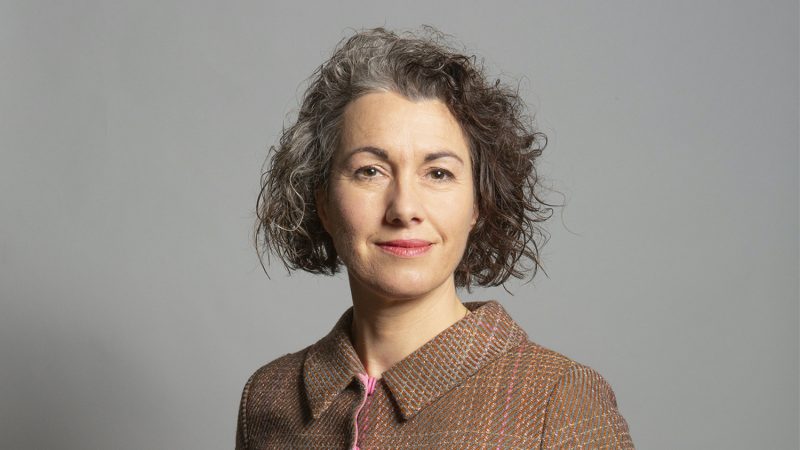
Today is the UN International Day for the Elimination of Sexual Violence in Conflict. To honour it, I urge the government to reinvigorate its prevention initiative by putting survivors at the centre of their response. Covid has had a devastating impact on gender equality internationally. The pandemic has exposed women and girls to more abuse with an estimated additional two million more cases of female genital mutilation and an additional 13 million child marriages by 2030.
This surge in violence is shocking, but all Covid has really done is expose, reinforce and exacerbate existing deep structural inequalities that were already the reality for millions of women and girls including those living in conflict. Sexual violence in conflict is a somewhat innocuous term for what is really a sickening list of acts. It includes rape, sexual slavery, forced prostitution, forced pregnancy, forced abortion, enforced sterilisation and forced marriage. It is violence perpetuated predominantly against women and girls, but also men and boys.
The ongoing violence in the Tigray region of Ethiopia serves as a horrific case study. Reports reveal women have been raped by soldiers in camps for displaced people while others were abducted from their homes in rural areas and held for days as soldiers repeatedly abused them. These are just two examples in a country where estimates suggest there may be 22,500 survivors of sexual violence in a conflict that only began in November 2020.
Despite being punishable by international human rights and humanitarian laws, the use of sexual violence as a tactic of war remains widespread. Along with Ethiopia, from January to December 2020, the UN documented hundreds of cases of conflict related sexual violence in Afghanistan, the Central African Republic, Columbia and South Sudan. Where there is conflict, sexual violence is likely to follow and the impact is devastating. The survivors subjected to these acts face lasting trauma and long-term physical and mental health conditions, rarely do they get any support and even more remote is a chance for justice. The impact ricochets across communities pushing peace further out of reach.
In response to the abhorrent use of sexual violence as a weapon of war, in 2012 the government established the Preventing Sexual Violence in Conflict Initiative (PSVI) to raise awareness and encourage global action to eradicate it. This was an important and welcome step with women’s rights organisations acknowledging it as crucial to the global debate around peace, conflict and women’s rights. It is right to applaud the government for launching such an important scheme, but action since suggests profile raising has not been followed by a sustained and positive impact on the ground. An investigation by the Independent Commission for Aid Impact (ICAI) on how the UK followed up its commitments on PSVI concluded: “Unsatisfactory achievement in most areas, with some positive elements.”
One key conclusion from ICAI’s investigation was that the government had failed to include women’s and girl’s voices as part of a survivor-centred approach. This same point was emphasised by the international development select committee, which I chair, in a recent report into sexual exploitation and abuse in the aid sector. We will not make meaningful inroads into preventing sexual exploitation and abuse, whether it occurs in conflict zones or elsewhere, if we fail to take a survivor-led approach. This means ensuring survivors take a lead in the design, delivery, implementation and evaluation of programmes that seek to prevent sexual violence.
The UK government will be hosting a global conference on PSVI next year. Preventing this vile war crime cannot wait until next year, the government must commit to reinvigorating this initiative now.




More from LabourList
SPONSORED: ‘Industrial hemp and the challenge of turning Labour’s priorities into practice’
‘A day is a long time in politics, so we need ‘action this day’’
Strong support for child social media ban among Labour members, poll reveals